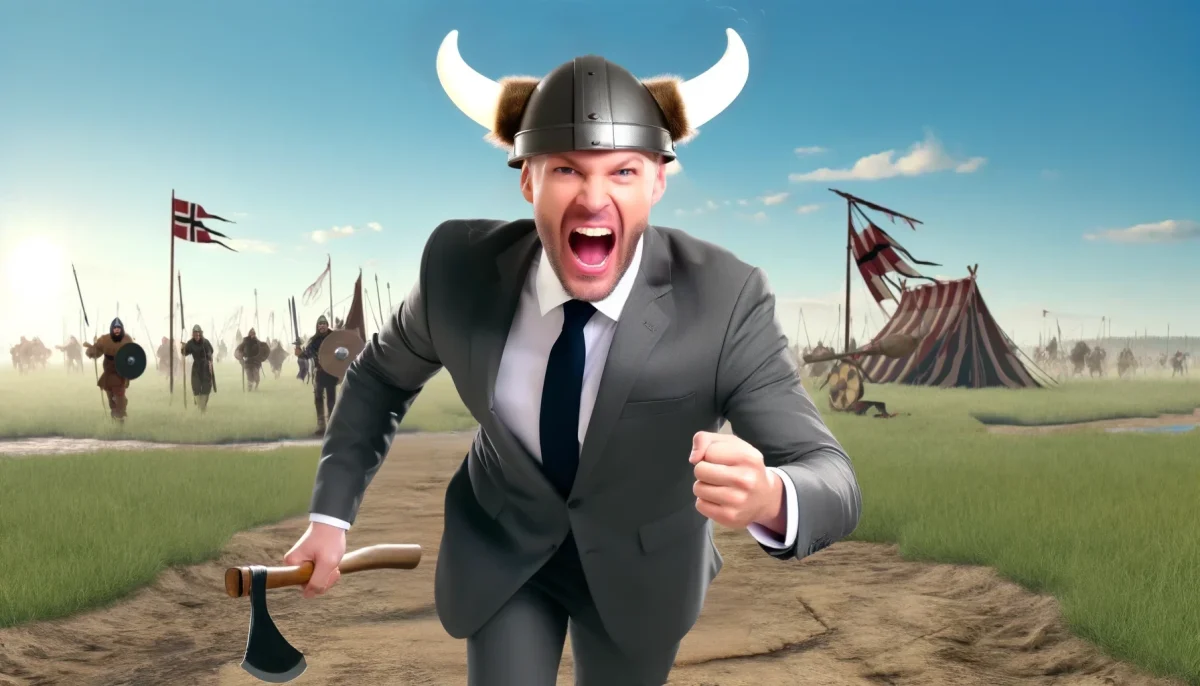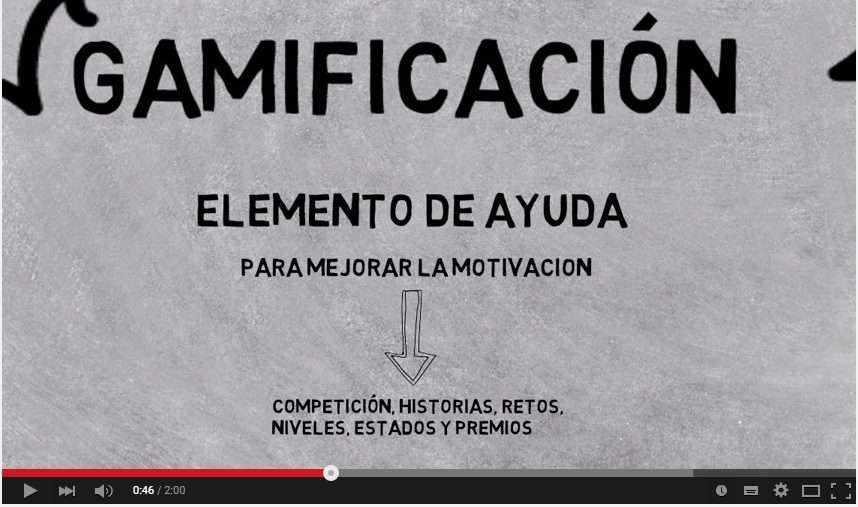This post is an excerpt from the article “Gamelearn, learning transformed into adventure”, published in Serious Games by Vadejuegos on 24 September 2013. Author: Ibrahim Jabary, Gamelearn CEO.
The boom in gamification has taken off, making us realise that anything, or almost anything, can be transformed into a video game, and that includes the corporate sector. Everyday more and more training managers are taking an interest in simulators to develop their employees’ skills. Word-of-mouth is a powerful tool, and they understand that the future involves the use of serious games.
Game-based-learning, or gamification applied to learning, is the perfect vehicle to deliver training in the abilities so sought after by companies, what are known as soft skills: communication, time management, productivity, negotiation… We all prefer to learn while having fun, but have been told so often that it is not possible that we have ended up believing it. That is not the case: when learning is wrapped up in a story with its own plotline, an adventure with a high-quality narrative, an attractive script, raising challenges, offering rewards and making users feel they are in control of their decisions, then what we have is an effective videogame which will teach techniques that can be applied in daily life.
“It’s very intuitive, very educational. Just like graphic adventures,” explained a BBVA employee after completing “Merchants”, the first serious game on the market to teach negotiation skills. In the game he had played at being Carlo Vecchio, a merchant building his own sea-going empire in Renaissance Venice. “It is a different and attractive way of learning how to improve your planning in every aspect of life,” was the opinion from Alter Mutua of a user of “Triskelion”, a simulator which helps increase personal productivity. How? By inviting users to step into the shoes of Robert Wise, an investigator called on to discover the legendary secret of wisdom.
These are just a couple of examples, but the fact is that we are aware of further successful case studies of gaming applied to skills training. Users will no longer stand for being the passive recipients of training.We need to let them be participants, to get in the game.












